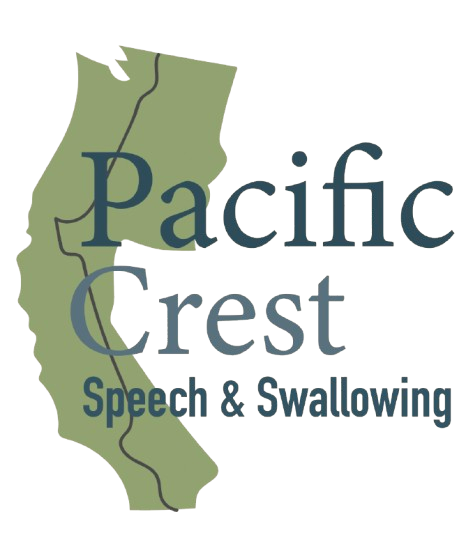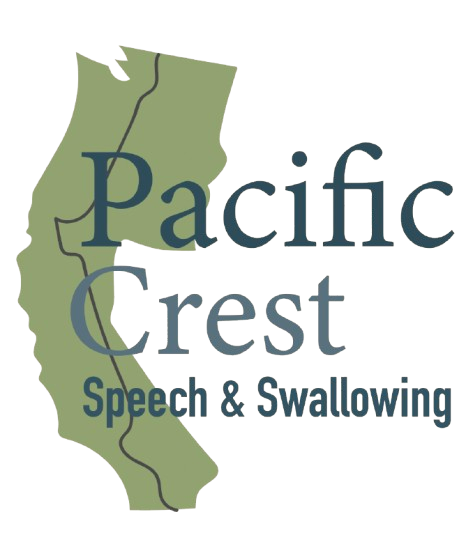
Frequently Asked Questions
-
Speech therapy helps people improve their ability to communicate. It can also help with problems like unclear speech, trouble understanding others, or difficulty swallowing. A certified speech-language pathologist (SLP) works with each person to create a treatment plan based on their needs. Therapy may include speaking exercises, games, and helpful tools to improve communication.
-
Speech therapy is often covered by health insurance, especially when it’s medically necessary (like after a stroke or for a diagnosed disorder). We’ll help you verify your benefits and explain your options if you're paying privately or your insurance is out-of-network (please see our accepted insurances)
-
Getting started with online speech therapy is simple. Here’s what you can expect:
1. Free Consultation
We begin with a free phone or online consultation to understand your needs, goals, and concerns. We’ll help determine if our services are the right fit for you or your child. Check out the services for more information on what we treat!
2. Personalized Evaluation
Next, we schedule a comprehensive speech and language evaluation. This helps us identify strengths, areas for improvement, and create a customized therapy plan tailored to your specific needs.
3. Therapy Sessions Begin
Our one-on-one therapy sessions will start as soon as it is feasible for you or your child and the schedule permits.
4. Ongoing Support & Progress Tracking
We’ll keep you informed every step of the way. We’ll regularly review progress together and adjust the therapy plan as needed to make sure you or your child is always moving forward.
5. Graduation & Maintenance
Once goals are met, we provide strategies for maintaining progress and offer check-ins to support long-term success.
-
If your child is not meeting speech and language milestones (like saying words by age 1 or sentences by age 2), struggles to pronounce certain sounds, or has trouble following directions, a speech evaluation is a good idea.
-
No. While many children benefit from early speech therapy, adults often need speech therapy too. Common adult concerns include regaining speech after a stroke, improving communication with Parkinson’s disease, or getting help with public speaking and professional speech clarity.
-
The length of therapy depends on the person's age, goals, and the severity of their challenges. Some people see improvement in a few weeks, while others may need ongoing support for several months. Consistency and home practice play a big role in progress.

